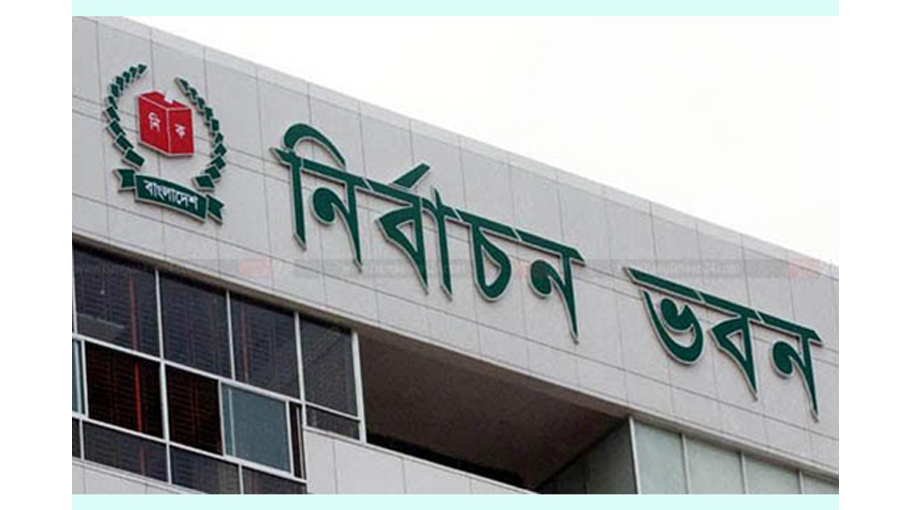Green drive to protect environment during polls
Ministry sends recommendations to EC

The government has taken a green initiative to conduct the upcoming election in an environment friendly manner, with a focus on preventing pollution.
The green initiative is a programme to follow environment friendly guidelines during the election period to protect the environment and prevent pollution.
The Ministry of Environment, Forest and Climate Change has sent a set of recommendation to the Election Commission (EC) to ensure the realization of this goal.
The directives include adoption of electronic voting systems (EVM), awareness campaigns on anti-pollution targeting both the candidates, their supporters and government officials, a reduction in the use of single-use plastics, green campaigning practices, implementation of waste management plans, and various other initiatives.
These efforts collectively aim to promote a pollution-free electoral process and contribute to maintaining a clean environment during the upcoming election.
Ministry of Environment, Forest and Climate Change secretary Dr. Farhina Ahmed told Bangladesh Post, “To hold a ‘green’ election, we have sent specific recommendation to Election Commission (EC). Under the recommendation, we have also suggested to train the officials, employees. Besides candidates will be urged to hold a clean and green election.”
“Under the recommendation we also urged to maintain the sound level during election campaign, reduce single use plastics, and many more under the existing guideline. From EC to candidates everyone have to come forward to hold a clean and green election,” she added.
Facing the repercussions of climate change, the country is steadfast in its commitment to achieving the Sustainable Development Goal 2030. Significant strides have been made towards environmentally friendly practices, notably with the RMG sector boasting the highest number of green factories. The government has set ambitious targets, aiming for the exclusive use of eco-friendly bricks, renewable energy, and other sustainable measures.
Despite these advancements, the approach to election campaigns remains entrenched in traditional methods that are not in harmony with our sustainability objectives. Conventional campaign strategies, including banners, posters, festoons, and loudspeakers, contribute to environmental strain.
Proposing a shift towards a ‘Digital Bangladesh’ theme, officials from the Information and Technology Department highlight the potential for candidates to connect with voters through social media, offering a more eco-friendly alternative.
During the Kerala’s 2019 election, the Kerala High Court’s ban on flex and non-biodegradable materials aimed to curtail plastic usage, emphasizing reusable alternatives such as glass, stainless steel, and porcelain cutlery.
Plastic-based banners and hoardings were discouraged, with suggestions to replace them with paper and cotton cloth alternatives. Candidates were also advised to eschew plastic water bottles, opting for eco-friendly materials like cloth and paper for decorating their campaign vehicles.
A BBC report sheds light on the environmental impact of traditional election methods, revealing that the during the Mayoral election of 2020 generated a staggering 2,500 tonnes of plastic-wrapped posters in just the first 12 days of campaigning.
The impending national election poses an even greater threat to the environment if conventional practices persist. Embracing sustainable alternatives is imperative to mitigate the environmental footprint of electoral processes.




